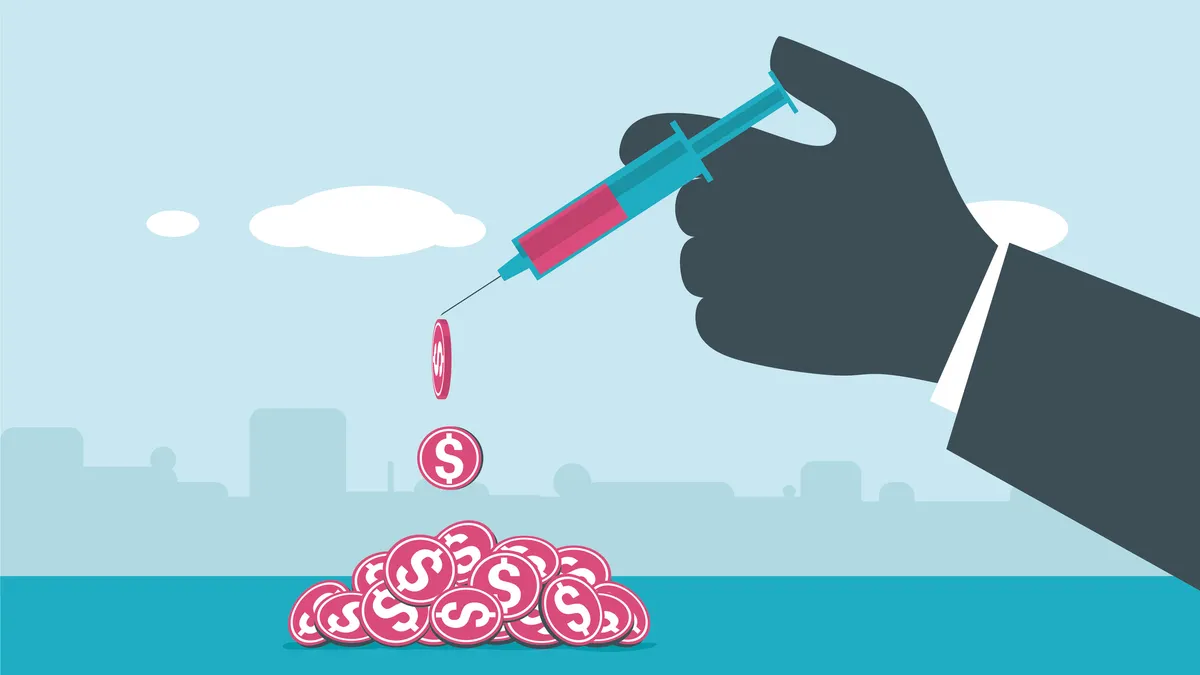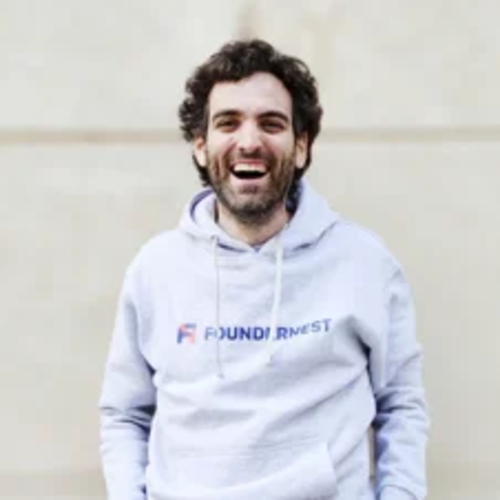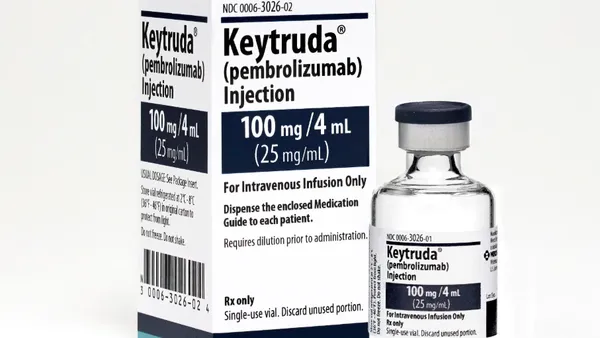Growing up on his grandparents’ vineyard, Joe Landolina had a lot of opportunities to get into trouble — but not the type you might think.
From a young age, Landolina would spend hours in the winery’s lab — a “glorified kitchen counter” with equipment he said was “borrowed” from his grandfather’s time in Big Pharma — conducting chemical experiments with the grapes and other plants he grew “with and without” his parents’ knowledge.
“If you'd asked me as a very young kid what I wanted to do, I would have told you I wanted to be a surgeon. I always wanted to go into the medical field,” Landolina said. “As a young kid, obviously you can't get into medicine, but you can get into chemistry.”
In late high school, Landolina’s childhood hobby would lead him to discover a groundbreaking material in algae that can instantly bond to human tissue and later, would become the foundational technology behind the biotech company he founded as a 17-year-old student at NYU to stop traumatic bleeding in seconds.
When he discovered the gel-like material, Landolina — who still had an eye toward working in the medical field — said his mind immediately jumped to the idea of “using it to plug up a bullet wound.” Soon after, his startup, Cresilon was born. Now, over a decade later, the company is making steps toward that initial goal.
When life gives you grapes
Based in Brooklyn, the biotech already sells the gel to veterinarians to treat pet wounds under the name Vetigel. Soon, it expects to commercialize the gel for humans as well, pending an FDA approval. And last month, it signed a cooperative R&D agreement with the Department of Defense to investigate use of the technology to treat traumatic brain injuries sustained on the battlefield.
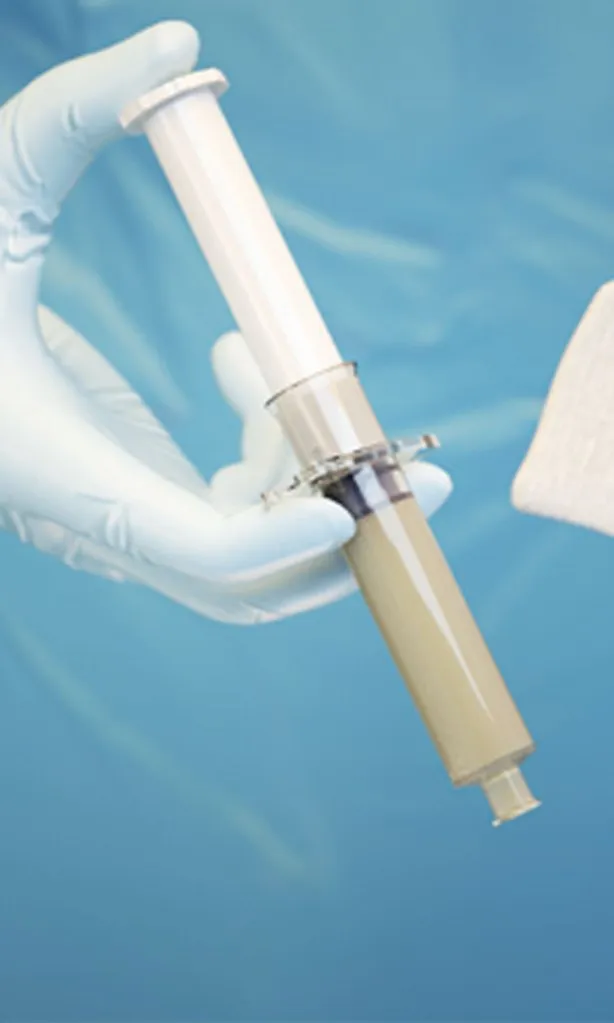
If all goes well, the Walter Reed Army Institute of Research believes the technology could provide the first-ever treatment option to address penetrating ballistic-like brain injuries (PBBI), such as those created from bullet wounds, Landolina said.
“The Walter Reed contract is particularly exciting for me, because this is also our first indication that we're targeting that's not entirely hemostatic … The challenge that we're looking to solve with Walter Reed is not only bleeding that occurs, but if you have a patient that's been shot in the head, that patient today has no standard of care able to actually treat that there, because the brain will effectively collapse onto itself,” he explained.
Instead, Landolina said, the gel could provide a way to plug the wound and stop that collapse long enough to get the patient to a neurosurgeon’s operating table.
Current biochemical hemostatic products on the market stop bleeding by promoting clotting, but these methods often require the use of sustained pressure on the wound area. Cresilon’s one-step gel opens the door to quick treatment for an array of difficult and previously hard-to-reach wound areas.
“The potential (of) this technology is incredibly exciting. And frankly the potential indications from wound healing to burn treatment to tissue regeneration, drug delivery and so on are endless,” Landolina said.
So far, the company has “piloted a handful of potential collaborations” with drug developers that have shown “positive effects” at the “basic research level.” But while Cresilon is open to collaboration and sees a “world of possibility” in the use of the gel in drug delivery, the realization of those possibilities is likely a long way away, Lanolina admitted.
“From a commercial perspective, we have to stay focused, and we have to make sure that we're keeping our heads down and being mission oriented through Vetigel and the next several near-term applications that we have,” he explained.
Next stages
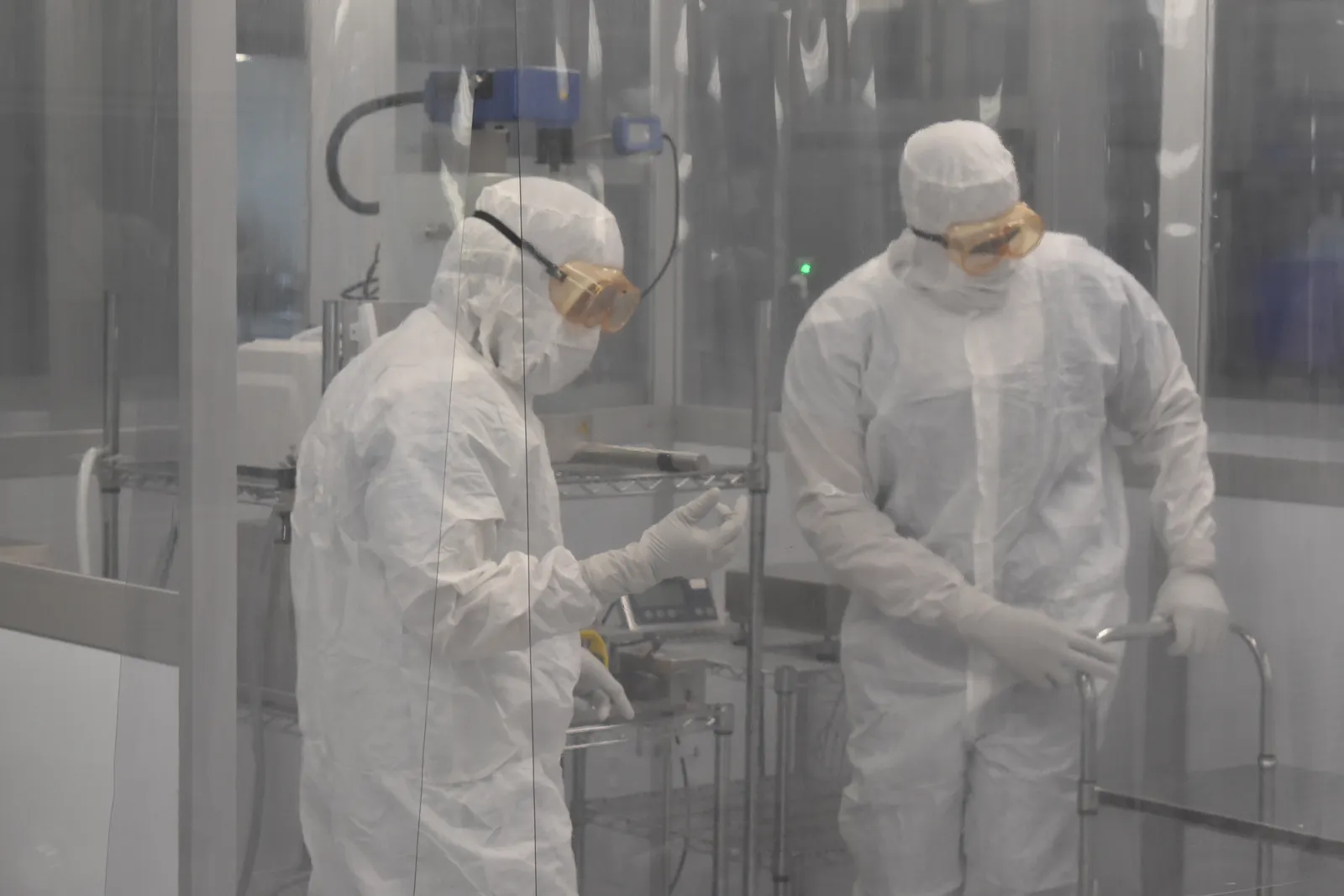
In October, the company completed a $25 million series A-4 financing round, allowing it to ramp up in-house manufacturing capabilities at its Brooklyn warehouse. Because the gel has the same consistency, color and “flowability” as hummus, it is extremely sensitive to contamination and, if one small step goes wrong in the manufacturing process, the whole product will be ruined, Landolina said. To prevent error, Cresilon produces the gel in-house using a system that allows it to effectively “make hummus like a vaccine,” Landolina said
Over the next year, it is looking to enhance its profitability strategy for Vetigel and get FDA approval for its first human product, CHG Hemostatic gel, as a class 2 medical device for the treatment of minor external wounds.
“The potential (of) this technology is incredibly exciting. And frankly the potential indications from wound healing to burn treatment to tissue regeneration, drug delivery and so on are endless."

Joe Landolina
CEO and co-founder, Cresilon
“With COVID, everything runs a little bit more slowly nowadays. But we're in what I'm expecting to be the very last stages of clearance. And I'm hoping to hear from the agency soon,” Landolina said.
Off the back of CHG’s review, the company plans to submit TraumaGel, its second in-human product for use in traumatic bleeding, to the FDA and beyond that the “next indication will likely be something surgical,” for in-body use that would require clinical trials and could have a longer path to market, Landolina said.
“That will allow us to not only target the biggest bleeds, but get patients off an operating table sooner, because at the end of the day, every single minute, every single second that a patient is sitting on an operating table bleeding is additional cost,” he said.





